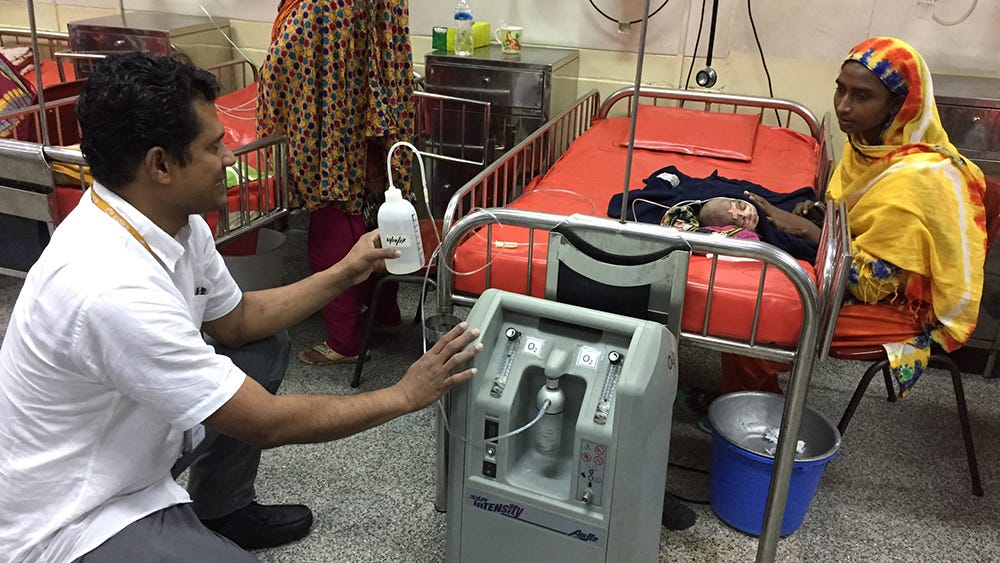Development Sweden #41. Sida’s New Organization Threatens Evaluators' Independence
A newsletter on Swedish development cooperation and policy
In this issue, there is a strong focus on what’s happening at the Swedish Development Cooperation Agency Sida and how internal processes are affecting the quality of Sweden’s ODA. The OECD-DAC evaluator network voices concern that the independence of evaluators at Sida is under threat, at the same time the rapid organisational changes at Sida have led to stress and many sick leaves. Now, the safety representatives are raising the alarm.
And, if you are an international humanitarian organisation, now it’s the time to apply for a strategic partnership with Sida.
If you would like to read the full newsletter, you are welcome to upgrade to a paid subscription. Thank you for joining Development Sweden and supporting our work so that we can continue to deliver insight into Swedish development cooperation and policy.
David Isaksson
Editor-in-Chief, Global Bar Magazine
Monika Gutestam Hustus
Editor, Development Sweden
What do you think we should write more about? Please give us feedback and suggestions.
Write to:
david@globalreporting.net
mgutestam@aol.com
For subscription-related issues, contact:
lisa@globalreporting.net
Our headlines
10 percent of Sweden’s ODA to health programs during 2023
Sida’s New Organization Threatens Evaluators’ Independence
Sida Opens Call for Humanitarian Partnership Agreements
Sida’s Leadership: “Rules More Important Than Quality”
10 percent of Sweden’s ODA to health programs during 2023
SEK 5.7 billion. That’s how much Sweden contributed to health aid in 2023. This amount represents one-tenth of the total aid and includes support in global health and sexual and reproductive health and rights (SRHR).
This year’s health aid report has been released, and according to Benjamin Dousa, Minister for International Development Cooperation and Foreign Trade, Sweden’s work in global health and SRHR is often lifesaving.
“This is particularly true for efforts that reach the most vulnerable with vaccinations and medicines, but also our work to strengthen health systems in low- and middle-income countries,” said Benjamin Dousa in a press release.
The government also noted that climate issues are increasingly linked to health:
Extreme weather events, driven by climate change, continued to affect developing countries with already high disease burdens and weak health systems. Climate change also impacted access to essential resources like clean air, water, and food. It increased the risk of spreading mosquito- and water-borne diseases such as malaria, cholera, and typhoid in new areas and already heavily affected regions.
Swedish health aid in 2023 amounted to SEK 5.7 billion, making up 10.4 per cent of Sweden’s total aid, excluding deductions for asylum costs. Of this SEK 5.7 billion, over SEK 3.4 billion – equivalent to 61 per cent – was channelled through the Ministry for Foreign Affairs. The remaining SEK 2.2 billion, or 39 per cent, was directed through Sida’s bilateral, regional, and global strategies.
The Swedish government’s support for civil society has helped prevent sexual and gender-based violence in many low- and middle-income countries. Sweden’s health support to Ukraine increased in 2023, allowing more people to receive life-saving care during the Russian invasion.
Keep reading with a 7-day free trial
Subscribe to Development Sweden to keep reading this post and get 7 days of free access to the full post archives.





